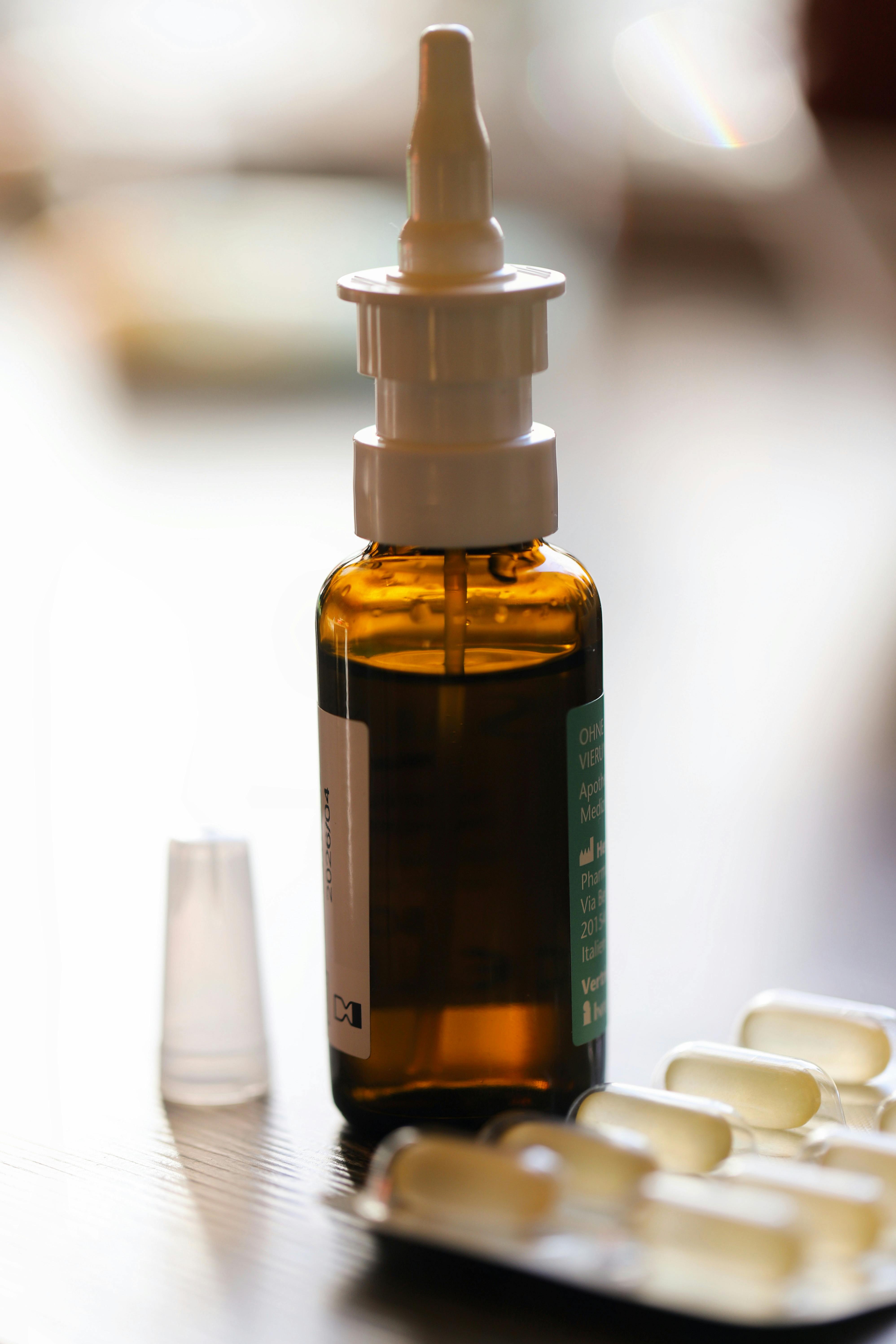
Effective Ways to Clean Solar Panels and Improve Their Efficiency in 2025
The Importance of Cleaning Solar Panels
Maintaining the efficiency of your solar energy system heavily relies on the **importance of cleaning solar panels**. Over time, dirt, dust, pollen, and bird droppings can accumulate on the surface of solar panels, significantly reducing their energy output. Research has shown that dirty solar panels can lead to efficiency losses of 20% or more. Regular **solar panel maintenance** is essential for maximizing the output and lifespan of these installations. In 2025, increasing awareness of the **impact of cleaning solar panels** is vital, as more homeowners make the switch to renewable energy. Keeping your panels clean ensures they continue to perform optimally, providing renewable energy benefits and reducing your carbon footprint.
Understanding the Impact of Dirt on Solar Panel Efficiency
Accumulated dirt can obstruct sunlight from reaching the solar cells, which is a critical factor in **solar panel efficiency**. Regular cleaning not only enhances output but also ensures that any dirt buildup does not adhere too firmly, making it easier to remove. The accumulation of dust varies with location; homes situated in **high dust areas** or neighborhoods surrounded by trees should pay particular attention to their cleaning schedule. By integrating a routine that incorporates **cleaning solar panels for better efficiency**, homeowners can optimize their energy production and thus, their return on investment in solar technology.
How Often to Clean Solar Panels
Determining **how often to clean solar panels** can depend on several factors including environmental conditions and the surrounding landscape. In most cases, a quarterly cleaning is recommended, but homeowners in **hard water areas** or those with nearby agricultural activities should consider more frequent cleanings. Seasonal considerations also play a role; for instance, snow buildup in winter can necessitate immediate action to prevent damage and inefficiency. Creating a **solar panel maintenance checklist** tailored to your home will help you stay on track and ensure optimal solar output throughout the year.
DIY Solar Panel Cleaning Solutions
For those inclined toward **DIY solar panel cleaning solutions**, the good news is that there are various effective and eco-friendly methods available. Using distilled water combined with a gentle soap solution can help minimize mineral deposits while ensuring a thorough clean. It's important to avoid harsh chemicals, which could potentially harm the solar panel's surface. Opting for natural cleaners or products designed specifically for **cleaning solar panels without damaging them** can also be effective. These methods not only save costs but also align with environmental consciousness in solar power practices.
Popular DIY Cleaning Techniques
One of the simplest **solar panel cleaning techniques** involves using a soft bristle brush combined with a washing device. Gently scrubbing the panels in a horizontal fashion minimizes the risk of scratching the surface. Additionally, employing a **cleaning solar panels with water** approach, using a hose with low pressure can effectively rinse off accumulated debris. It’s crucial to pick a cooler time of day, either early morning or late afternoon, to prevent water spots formation from evaporation in the heat of direct sunlight.
Using Vinegar to Clean Solar Panels
Another effective method is **using vinegar to clean solar panels**. This eco-friendly cleaning solution can cut through grime effectively. A mixture of equal parts vinegar and warm water can serve as a great cleaner. Spraying this solution onto the dirty panels, allowing it to sit briefly, and then rinsing with water can restore their luster while maximizing their functionality. Always remember to use a soft sponge or cloth during the cleaning process to avoid scratches and ensure thorough cleaning.
Professional Solar Panel Cleaning Services
For homeowners looking to relieve the burden of maintaining their solar installations, hiring **professional solar panel cleaning services** is an excellent choice. These professional services come equipped with specialized tools and techniques that offer deep cleaning, often achieving better results than DIY approaches. Using proper **solar panel cleaning equipment**, such as soft brushes and water-fed poles, ensures that the cleaning is effective yet gentle enough to avoid any potential damage.
What to Expect from Professional Cleaners
When hiring professional cleaners, you can expect them to follow a strict **solar panel cleaning procedure** ensuring efficiency. Typically, they start with an inspection of the panels, followed by the removal of loose debris, and finally, using their equipment to wash and scrub the surface thoroughly. Many cleaning companies now offer green cleaning methods, utilizing biodegradable solutions safe for both your systems and the environment. Ensuring that the company adheres to **solar panel cleaning regulations** can give you peace of mind when it comes to both your investment and safety.
Cost of Solar Panel Cleaning
The **cost of solar panel cleaning** can vary widely depending on the company, location, and panel size. On average, homeowners can expect to pay between $100 to $300 for professional cleaning services. However, these costs can be significantly less than the potential losses incurred due to dirty panels, emphasizing the **benefits of regular solar panel cleaning**. Many cleaning services also offer packages for regular maintenance, which may provide cost savings over time by ensuring consistent performance.
Safety Tips for Cleaning Solar Panels
When it comes to **cleaning solar panels on roofs**, safety should always be your primary concern. Whether you opt for DIY methods or hire professionals, there are several safety tips to consider. If you choose to clean the panels yourself, use a stable, well-secured ladder, and wear non-slip footwear to avoid falls. It's also essential to monitor the weather, as trying to clean during inclement conditions can increase risk.
Common Safety Precautions
Before starting any cleaning job, ensure that the electrical connection to the solar panels is turned off. This can prevent electrocution risks while working on your solar energy system. Additionally, never attempt to clean panels during high winds or where you might be precariously positioned, as falling tiles or slipping could lead to injury. Following these **solar panel cleaning safety tips** can help protect not only your panels but also yourself during the cleaning process.
The Best Time to Clean Solar Panels
The **best time to clean solar panels** is typically early in the morning or late in the afternoon. Cleaning during peak heat hours can cause water to evaporate too quickly, leading to streaks and spots. Additionally, wet cleaning techniques are most effective when the panels are cool; therefore, timing your cleaning can significantly improve the results while ensuring the longevity of your solar panels.
Key Takeaways
- Regularly cleaning **solar panels** can enhance their efficiency by preventing dirt buildup.
- Both DIY methods and professional services have effective cleaning techniques to improve solar panel performance.
- Timing and safety precautions are crucial when cleaning solar panels to prevent accidents and improve cleaning quality.
- Utilizing eco-friendly cleaning methods contributes to sustained environmental benefits from solar energy.
FAQ
1. How often should solar panels be cleaned?
It is generally recommended that solar panels be cleaned every 3-6 months. However, factors such as local weather conditions or proximity to dust-generating sites could necessitate more frequent cleanings to maintain optimal efficiency. Regular assessment will help determine the best cleaning schedule for your solar panel maintenance.
2. What are the risks of cleaning solar panels myself?
DIY cleaning has its risks, especially if working at heights or if using inappropriate tools. Improper cleaning techniques can damage the solar panels or the roof, potentially voiding warranties. Always employ proper safety measures and consider professional help if you're uncomfortable.
3. Can I use a pressure washer to clean solar panels?
Using a pressure washer is generally not recommended, as the high pressure can damage the solar panel circuit or surface. A gentle cleaning method is usually most effective, typically using a low-pressure water source combined with soft scrubbing brushes.
4. When is the safest time to clean solar panels?
The safest time to clean your solar panels is during cool hours; early in the morning or late in the afternoon is ideal. Avoid cleaning in direct sunlight as it can lead to quick evaporation and surface streaks, disrupting efficient cleaning.
5. Are there eco-friendly products for cleaning solar panels?
Yes, also, there are numerous eco-friendly cleaning products available that are designed specifically for solar panels. Biodegradable soaps and solutions made from natural ingredients are excellent options that can keep your panels clean without harming the environment.
6. What are the common misconceptions about solar panel cleaning?
One common myth is that rain is sufficient to clean solar panels. While rain can help, it usually isn’t enough alone to remove all the dirt and residue. Regular scheduled maintenance is crucial to ensuring panels stay at peak efficiency.
7. How do I choose a solar cleaning service?
When selecting a service for **solar panel cleaning**, consider their experience, customer reviews, and whether they use safe, eco-friendly cleaning methods. Request a quote and ask about any maintenance partnerships they may offer to ensure the best value for ongoing upkeep.

